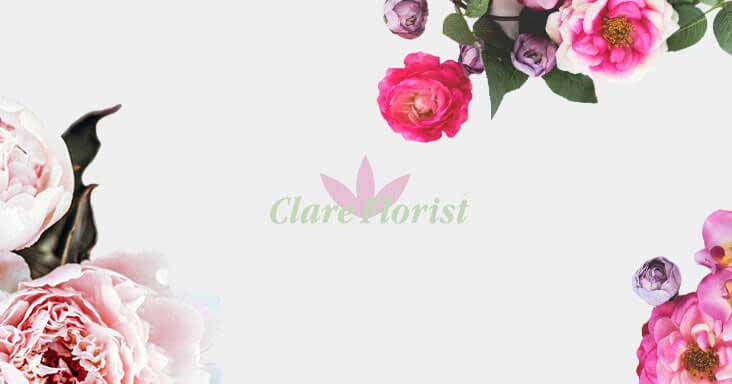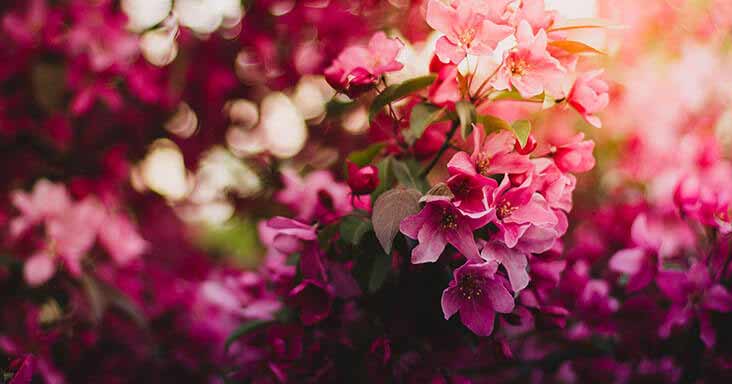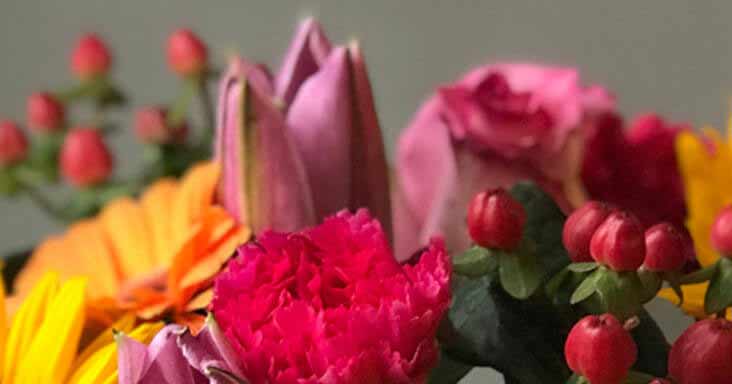If you missed it back in March, or if you just prefer to celebrate it in May, by the International date, here's another chance to tell your mum how much you love her.
The British Mothering Sunday is held in March but it's the second Sunday in May that's celebrated as Mother's Day in most other English speaking countries (like the USA, Canada, Australia, New Zealand and South Africa), as well as diverse nations around the world, from the Caribbean islands of Anguilla and Aruba to Zimbabwe. There are a number of other mother's days around the world (you can find the dates here) but it's this one ?this year on May 11th? that is considered the International Mother's Day. The establishment of this day came through the efforts of three American women in who, in the latter half of the 1800s, promoted the recognition and celebration of women and mothers. The first of these was Ann Jarvis, a young housewife who sought to improve sanitation in 1858, and throughout the Civil War, through ?Mother's Work Days?. These involved women joining forces to work for better sanitary conditions for both sides in the war, and after the Civil War Ann extended her efforts to work for reconciliation between people who had supported either side of the war.
Ann Jarvis's efforts inspired social activist Julia Ward Howe who called for a ?Mother's Day for Peace? to unite women against war and to honour motherhood and womanhood. In 1870 she wrote the 'Mother's Day Proclamation', calling for disarmament and peace. Although not a main focus of modern Mother's Day traditions a Mother's Day for Peace was held in parts of the US for 30 years following Howe's original efforts and certain organisations, such as the Women's International League for Peace and Freedom, and the Women's Action for Nuclear Disarmament, continue to organise protests on Mother's Day, like the 'The Million Mom March' which called for sensible gun laws.
The woman who succeeded in establishing a popular Mother's Day was Ann Jarvis's daughter, Anna Jarvis, who, upon her mother's death in 1905, swore that she would dedicate her life to further her mother's dream and to found a day on which mothers, both living and dead, would be honoured. It's said that her mission was fuelled by the fact that she and her mother had quarrelled shortly before her mother died. Two years later, Anna arranged a special service at her mother's church in Grafton, West Virginia, in which she handed out 500 white carnations, one for each of the mothers in the congregation. Thus, the first Mother's Day was celebrated on 12 May 1907, and it spread from there. In 1914 President Woodrow Wilson declared the first national Mother's Day, honouring in particular those mother's who had lost son's during the war. The occasion continued to grow in popularity, so much so that Anna Jarvis turned to opposing it as she felt it had become overly commercial!
In France, Mother's Day is celebrated on the last Sunday of May and one tradition involves the presentation of a special cake which resembles a bouquet of flowers to mothers at the Mother's Day dinner. In Spain it's held in December as the Feast of the Immaculate Conception, honouring both our own mothers and Mary, the mother of Christ. For more on the ancient origins of Mother's Day, have a look at my earlier blog here and to learn more about the tradition in the UK and the connection between Mother's Day and flowers click here.
I'll leave you with a few inspiring quotes:
"Mama exhorted her children at every opportunity to 'jump at de sun.' We might not land on the sun, but at least we would get off the ground." -- Zora Neale Hurston
"A mother is not a person to lean on, but a person to make leaning unnecessary." -- Dorothy Canfield Fisher
"To nourish children and raise them against odds is any time, anyplace, more valuable than to fix bolts in cars or design nuclearweapons." -- Marilyn French




